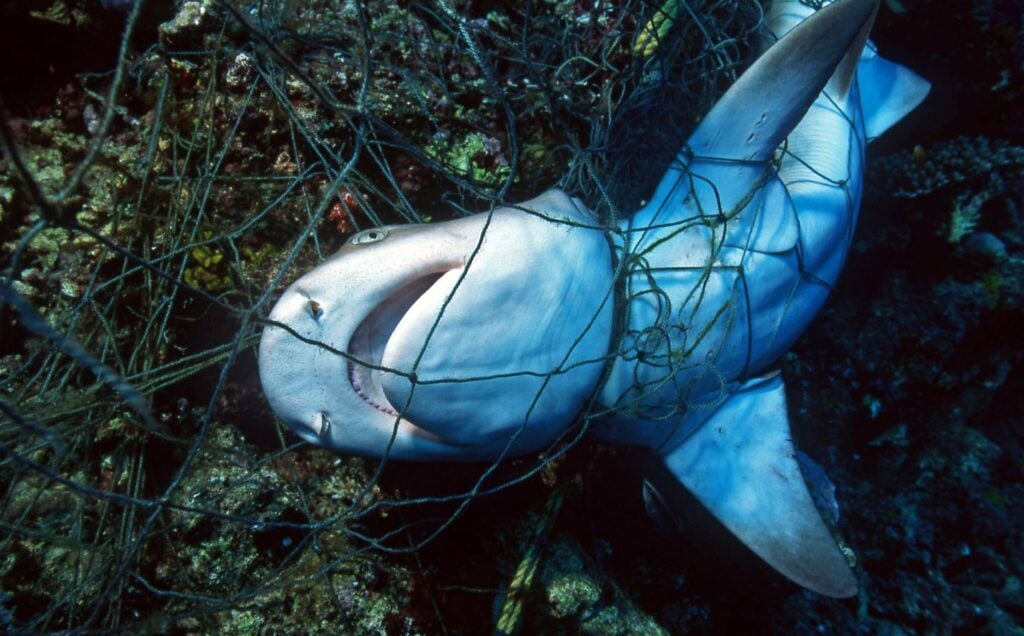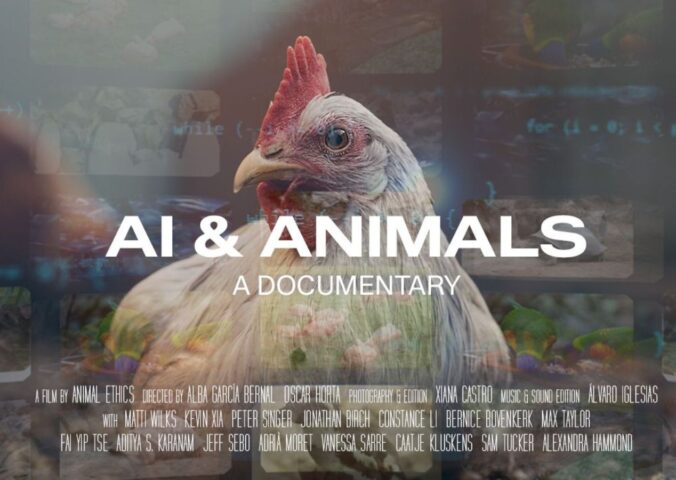A new study has uncovered the “staggering” scale of lost fishing gear in the ocean.
The research is the most comprehensive to date on lost fishing equipment. It found that, if put together, the amount of line would stretch all the way to the moon and back.
Fishing gear dumped in the ocean includes 25 million pots and traps and 14 billion hooks. According to the authors, these are having a huge and deadly impact on fish and other marine life.
“This is super confronting,” said Dr. Denise Hardesty, one of the study’s authors. “This is having an unimaginable toll of unknown deaths that could result in population-level effects for marine wildlife.”
To date, researchers say empirical information on the scale of lost fishing gear has been limited. This new study, published in Science Advances, was an attempt to “fill this knowledge gap.” It saw researchers interview 451 commercial fisheries in seven different countries.
It found that each year, 78,000 sq km of purse seine nets and gillnets, 215 sq km of bottom trawl nets, 740,000 km of main long lines, and 15.5 million km of branch lines were lost.
The impact of lost fishing gear
Lost fishing gear causes major problems for marine life. Nets are intended to catch and kill many animals at a time, and they continue to do so as they float through the water aimlessly as “ghost gear.”
Hardesty said that birds, turtles, whales, dolphins, and sharks are among the animals falling victim to discarded nets.
Discarded fishing gear is also a major contributor to plastic pollution.
While plastic straws have developed a bad reputation in the last few years, these actually only represent around 0.025 percent of the total plastic in the ocean. It has previously been found that fishing equipment makes up around 20 percent of plastic ocean waste.
Governments are currently negotiating a global plastic pollution treaty, and experts are calling on ghost nets to be part of the conversation.
Richard Leck, head of oceans at WWF Australia, said that the United Nations needs to address them “at a global level to make sure countries are accountable.” This, he told the Guardian, should be done through transparent reporting and labeling of fishing gear.






